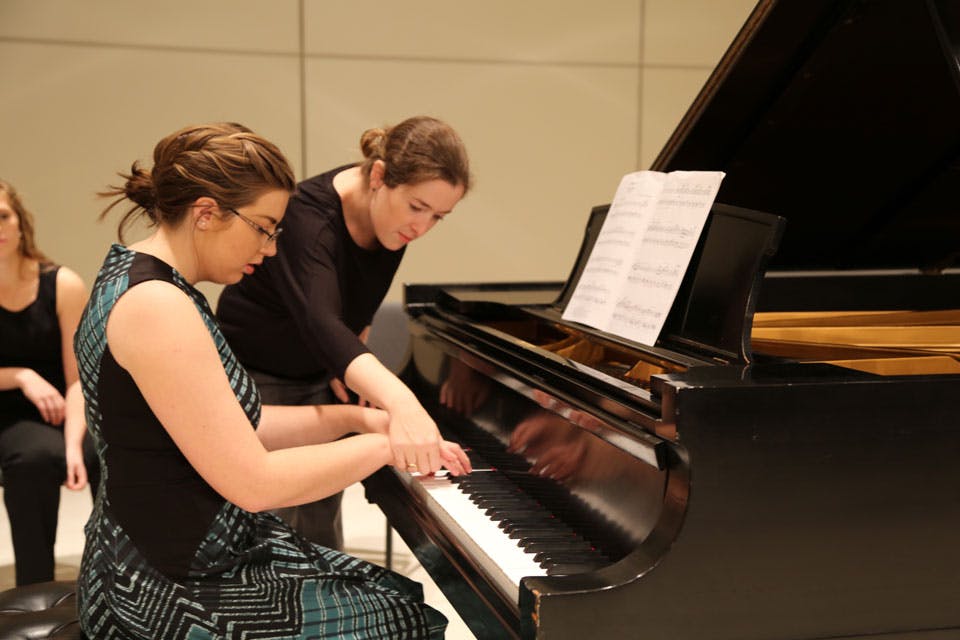Ohio Life
Excellence in Education: Creative Learning
Meet three Ohio educators who share how they bring out the best in their students.
Related Articles

Ohio Finds: Clyde Singer’s “Beaten Ball Club”
Born in 1908 in Malvern, Singer was a natural artist. He created this painting in 1949. READ MORE >>

Final Leg of the Buckeye Trail Is Dedicated
After decades of effort, Ohio’s official trail was recognized as complete during a ceremony on March 20, 1981. READ MORE >>

Patty Mitchell Shares Her Inspiration for Creating Passion Works Studio
Her Athens studio empowers artists of all ability levels to channel their creativity into joyful, vibrant works of art, including its signature Passion Flower. READ MORE >>



